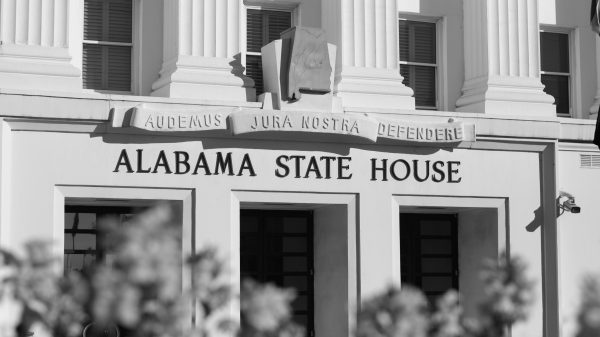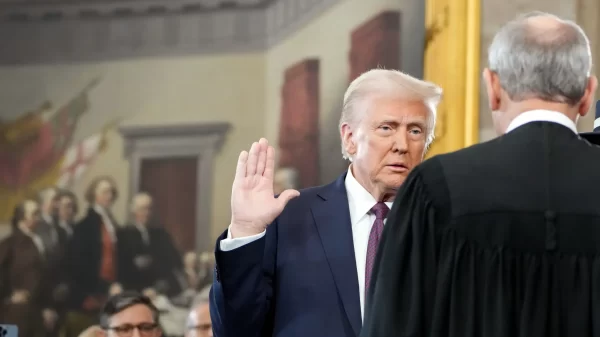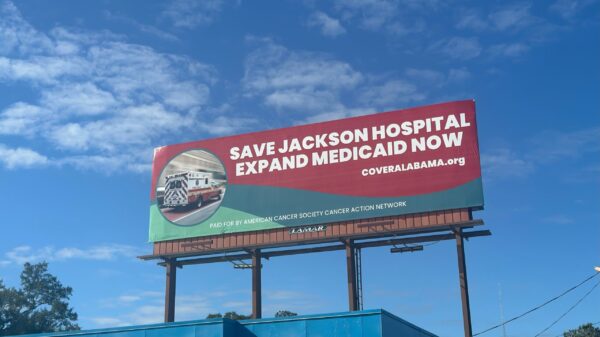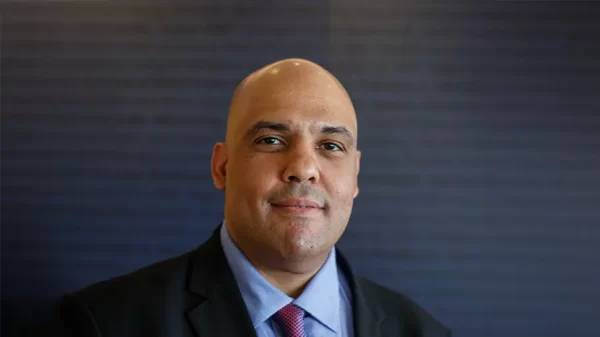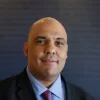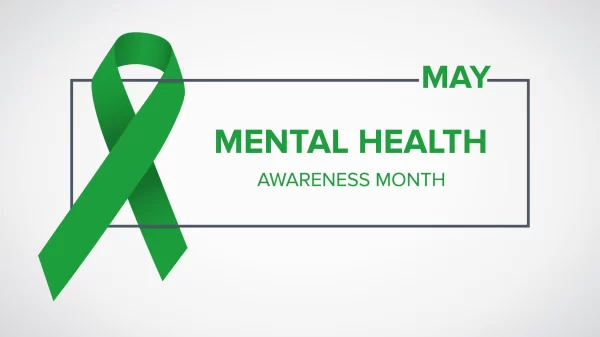|
Getting your Trinity Audio player ready...
|
As a family medicine doctor in Autaugaville, it’s been my honor to dedicate my life’s work to serving my hometown. In rural Alabama, we don’t have the same medical resources as the bigger cities. I went away to Birmingham for medical school and then Tuscaloosa for my residency. I always wanted to come home to Autaugaville, where my family raises watermelons. But as much as an honor as it is to help keep my lifelong neighbors healthy, it’s also heartbreaking.
At my office, I conduct routine cancer screenings like pap smears and prostate assessments or refer patients for colonoscopies and mammograms. Too often, my uninsured patients opt out of these lifesaving screenings due to cost. A prostate-specific antigen (PSA) test could be $100 out of pocket; a colonoscopy could be $2,000. Unfortunately, the companies where my patients seek employment usually hire them as part-time workers without benefits. All of this leaves many of my patients in the coverage gap, where they make too much to qualify for Medicaid, but too little to afford private health insurance.
In my practice, about half my patients are Black. I see them living with the consequences of a system that sets people up to fail. My patients try to help themselves and their families by getting a job at fast food restaurants or big box stores, but when they do, they enter a new income bracket and lose their Medicaid insurance, which makes it harder for them to come see me and take care of themselves. My fellow providers and I want to bridge these gaps in the health care system by expanding access.
That’s part of what drives me to volunteer for the American Cancer Society Cancer Action Network (ACS CAN). On Sunday, ACS CAN partnered with Black Voters Matter to preview a film in Montgomery called “In Due Season,” which shows the experiences of Black Americans caught in the coverage gap as well as experts who can speak to the history of racial bias within America’s health care system that continue to impact health disparities. The forthcoming film is a broad reminder of what I see in my office every day: that we still have a long way to go to achieve health equity in Alabama. The best way to do that is to close the coverage gap and we are calling on Gov. Kay Ivey to do so as soon as possible.














